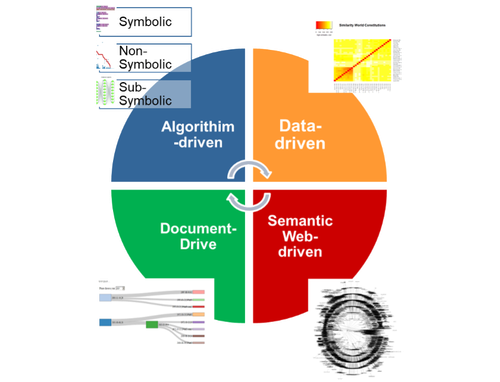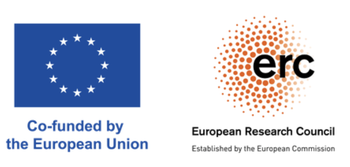
The methodology adopted is a hybrid approach that goes from theory to empirical validation and back, using different other methods like problem solving, Agile prototyping, brainstorming, co-design of the specifications of the technical solutions, focus-group with the end-users (e.g., Legal Drafting Services in Parliaments, ICT Gazette, Digital Agenda Government Department) and decision-makers (members of parliaments), law-by-design of the technical models. Normative and comparative analyses are also crucial to understand the current state of the art in this domain, in particular to evaluate the constitutional or parliamentary modifications.
This project uses interdisciplinary methods:
